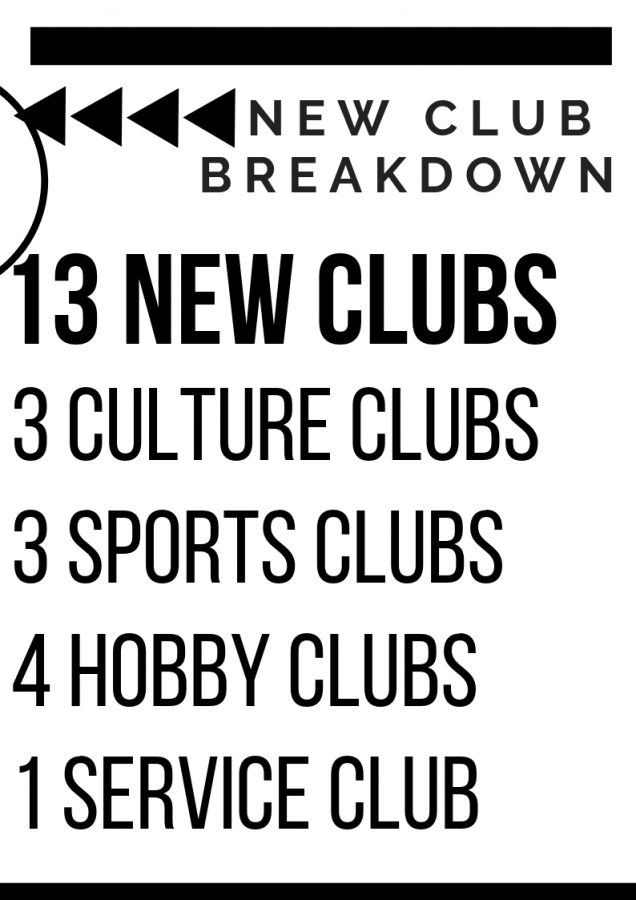Club application process poses bias
As a group of us — mostly underclassmen who bothered to showed up — shuffled into the field house, we sat in the middle of the gym floor and were given a rubric from which we were expected to score each club application video that was being shown. After each video, legislators and club presidents were encouraged to raise their hands and discuss their personal opinions regarding what clubs were being represented. As a senior, I had my own ideas about what clubs should pass, but I found the inexperience of the underclassmen, combined with their biased towards clubs they were invested in, to be disturbing.
Several students vehemently argued against a club that was too similar to theirs, while others defended the club up for debate based on subjective traits such as “they seem credible” and “they have a lot of ideas.” Students often supported clubs because they or their friends may be a part of the officer team, lending to another layer of bias. Occasionally a leadership representative would condescendingly chirp in their own opinion.
Most problematic was the influence of leadership representatives’ comments on the voting population. Their tone rung of a certain superiority to us, as if they already knew more information than us and therefore could make the better choice, ultimately having the final say in club decisions. This would dramatically sway votes in the final club passing process, ultimately deciding if the club would go through. The whole purpose of the club process is defeated by going through multiple student bodies just to have leadership make all the final decisions through their ASB votes and influential comments at the other voting sessions.
There was also a large surge of support for cultural clubs, as if it was the politically correct thing to do. Often clubs proposed they were openly food-focused when food is no longer allowed in ASB-approved clubs and some had fairly small interest from the community. Though pertinent to expose our student body to as many cultures as possible, the rubric specifically called for the viability and sustainability, which completely contradicted the way legislators and presidents were voting. I myself also fell into the trap of judging the club subjectively, as I thought to myself, “Well, this may not last for long.”
In retrospect, why does this even matter? Although we don’t hear about it, clubs die out all the time, and ultimately the fittest survive. Do I think that a Christian Athletes club will last a long time? Not particularly, but why does that matter? If they are willing to put in the effort to recruit officers, come up with engaging events every year, and obey club regulations, they deserve to thrive, not be shot down based on the subjectivity of a room of freshmen and sophomores.
In my sophomore year, I was a legislative representative, and I opposed the passage of the Aerospace Club, but this year I saw more than a dozen students taking their photo for that same club. Why are we all wasting time deciding the fate of clubs that have never been tried before? And who is to say that traditionally successful clubs will not fall off in the future? What happened to the benefit of the doubt over politics and pedestals?
The continuous meetings that spanned over several tutorials and early Wednesday and Friday mornings now seem excessive. All that time was spent by leadership voting on clubs was then passed onto the presidents of existing clubs and then onto legislative representatives. There shouldn’t be a need for various student bodies to pass clubs, only one checklist determining the credibility and viability of the proposed group. It is a waste of everyone’s time when ultimately, the majority of clubs will be passed and have a short lifetime on campus, while others, in which could have long viability, are never given the opportunity.








